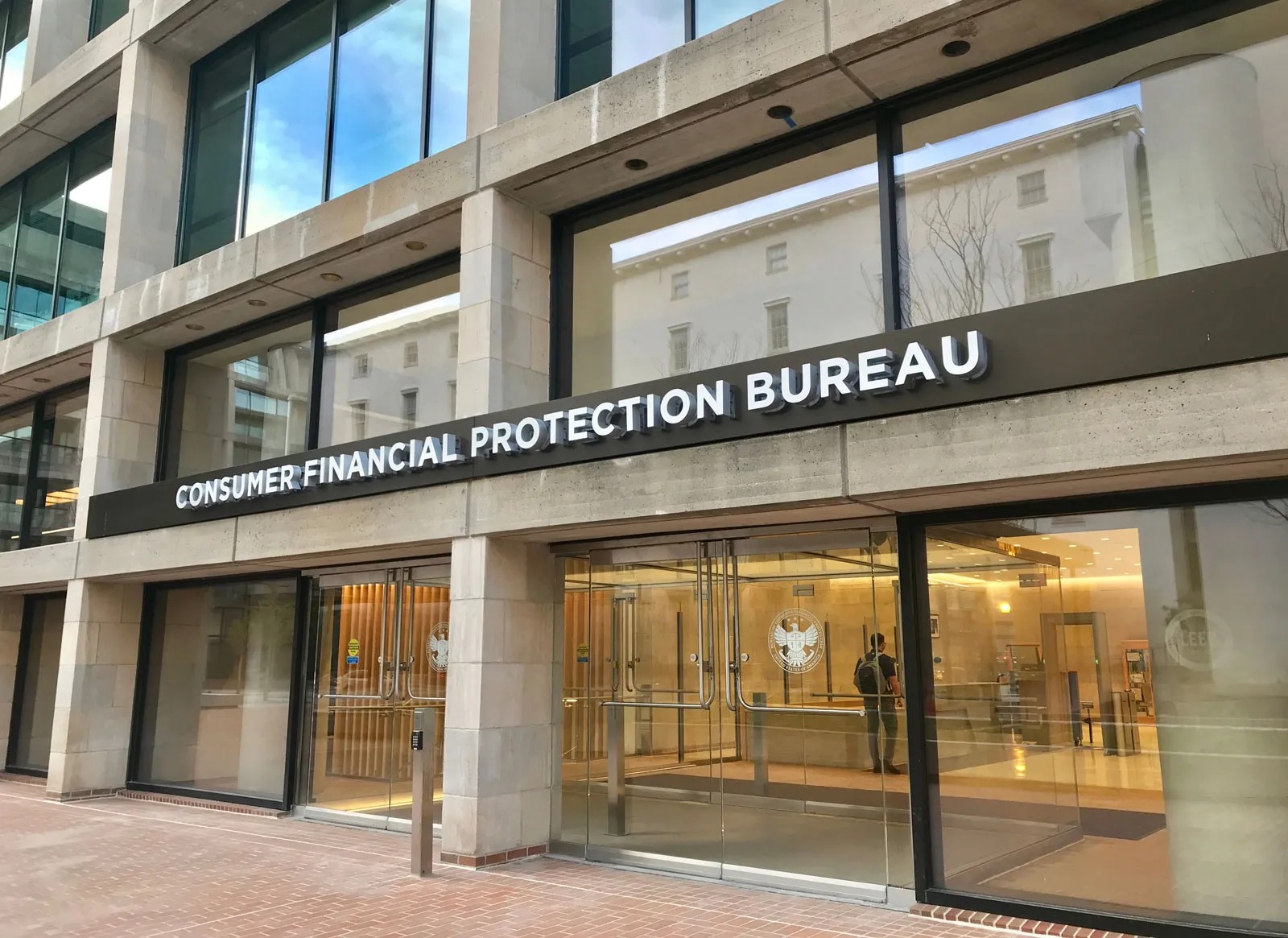Elon Musk has never been one to shy away from a challenge. From revolutionizing electric vehicles and private space travel to reshaping artificial intelligence and social media, his reach knows few boundaries. Now, his latest frontier is financial regulation, where he is spearheading an effort that could lead to the dismantling of the Consumer Financial Protection Bureau (CFPB), an agency responsible for protecting consumers from financial exploitation. This aggressive move, fueled by Musk’s growing interests in digital payments, has sparked concerns over conflicts of interest, regulatory integrity, and the future of consumer protection in the United States.
Musk’s conflict with the CFPB finds its origins in his acquisition of Twitter—now rebranded as X—in 2022. His grand vision for the platform extends far beyond social media; he envisions it as an all-encompassing financial ecosystem where users can manage all aspects of their economic lives, from making everyday transactions to storing digital assets. Earlier this year, X CEO Linda Yaccarino announced a significant step toward realizing this vision: a partnership with Visa to introduce a digital wallet and peer-to-peer payment system, expected to launch later this year. The initiative represents Musk’s boldest foray into the financial sector, but it also places him at odds with existing regulatory structures designed to oversee such businesses.
Within days of attending President Donald Trump’s inauguration this year, Musk signaled his desire to weaken financial oversight. In a striking move, he took to X and posted: “RIP CFPB,” accompanied by a tombstone emoji. Hours later, the Department of Government Efficiency (DOGE), a federal agency Musk now leads, deleted the CFPB’s official X account and reportedly gained access to the consumer watchdog’s internal systems. The response within the agency was swift and dramatic. The CFPB’s acting director instructed employees to halt all operations, including active investigations into financial misconduct. The paralysis of the bureau left millions of consumers without crucial safeguards against fraud, unfair lending practices, and financial abuse.
Musk’s takeover of regulatory affairs has drawn sharp criticism from legal experts and ethics watchdogs. Richard Painter, a law professor at the University of Minnesota and former chief ethics lawyer in the George W. Bush administration, warned that Musk’s actions could amount to a violation of federal conflict-of-interest laws. “Elon Musk needs to stay away from the CFPB. That’s cut-and-dry,” Painter said. “If there is any evidence that he has participated in dismantling the CFPB, he risks violating criminal statutes.”
Beyond his ambitions for X’s payment system, Musk’s influence extends to other sectors that fall under the CFPB’s jurisdiction. Tesla, his most valuable company, has a financial arm that offers auto loans—a sector regulated by the CFPB. While the bureau does not oversee auto dealerships, it does regulate financial institutions that provide car loans, including Tesla Finance LLC. The regulatory implications are striking: while CFPB employees are prohibited from owning Tesla stock due to potential conflicts of interest, Musk—Tesla’s largest shareholder—is directly involved in undermining the agency’s ability to function.
The White House has responded to the controversy by stating that Musk will file a financial disclosure, though the document will remain confidential. However, such reassurances have done little to ease concerns. Critics argue that Musk’s public statements and actions indicate a deliberate effort to weaken financial oversight.
Following Trump’s electoral victory, Musk made his stance clear. “Delete CFPB. There are too many duplicative regulatory agencies,” he posted on X. Experts argue that even if Musk were to formally recuse himself from direct involvement with the CFPB, his influence is already shaping its fate. Christopher Peterson, a law professor at the University of Utah and former CFPB official, noted, “If the boss says, ‘CFPB RIP,’ and that it should be deleted, recusal is meaningless. The message has already been sent.”
Meanwhile, consumer advocates warn of the devastating consequences of dismantling the CFPB. Kathleen Engel, a research professor at Suffolk University Law School, characterized the situation as a crisis. “The CFPB is the cop on the beat. If you want to commit financial crimes freely, you get rid of the police department,” she said. “We are entering a financial Wild West.”
Musk’s ambitions for X’s financial platform continue unabated. Earlier this year, X Payments LLC secured money transmitter licenses in 41 states and registered with the Financial Crimes Enforcement Network (FinCEN). Linda Yaccarino has confirmed that X Money, the company’s new digital payments system, will launch soon, with the Visa deal being just the first of “many big announcements.”
With financial oversight hanging in the balance, Musk’s aggressive push into financial services raises pressing questions. If the CFPB is truly dismantled, consumers may find themselves defenseless against a new era of unchecked corporate power, with Musk sitting at the center of the financial landscape he seeks to reshape.






